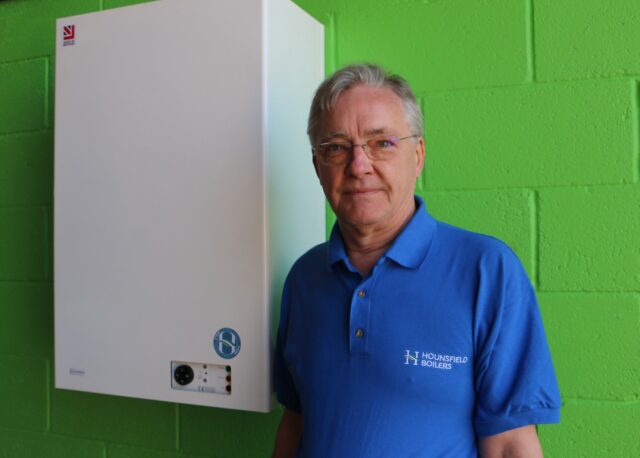It has been announced by Ofgem that the new energy price cap will result in the average household bill to rise to £3,549 annually this October, and is projected to spike to £5,500 by January and £6,600 in April 2023. With Autumn fast approaching and temperatures already dropping, a recent study found that one in four adults is planning to keep the heating off completely this winter as fuel poverty spreads rapidly across the nation.
In a critical conversation about what households across the nation can do to help manage this staggering increase at home, the leading sustainability and energy-saving platform, SaveMoneyCutCarbon, shares the actionable swaps consumers could consider for immediate savings on their energy bills.
Reducing heat loss
Roughly 25% of domestic heat is lost through the roof while we lose 35% through the walls, 15% through the floor and 25% from windows and draughts. Your home will benefit from moves to make it as draught-free as possible, with replacement and/or effective sealing of doors and windows, creating a draught lobby if practicable and fitting double glazing or secondary glazing, if regulations allow. Thermal curtains and blinds further add to the energy savings – thermally lining your curtains can reduce heat loss by up to 14%. Around 10% of a property’s heat flows out through gaps in the timbers, which is like leaving a small window open all the time, filling gaps can save up to £40 per room a year.
Block your chimneys
A useful insulation energy-efficiency tip is to block the chimneys of old homes. Around 4% of a home’s heat can disappear up a chimney but you can use a simple device like the Chimney Sheep, which is a thick layer of felt that you insert in the chimney when the fireplace isn’t in use, then remove it when to lighting a fire. Or, you can decommission the fireplace and install a chimney balloon.
Opt for showers over baths
It is advised, where possible, that people fight the temptation to soak in a warm bubble bath this winter and instead opt for a quick shower. It has been calculated that if a family of four switched from one bath a week to a shower, they’d reduce their annual carbon impact by a whopping 70kg and would save on 40 litres of water. To go that one step further, SaveMoneyCutCarbon recommends switching to an eco-friendly shower head, helping you use 60% less water while reducing your energy bills. It has a flow rate of just 6 litres per minute compared to a traditional shower head which uses up to 20 litres per minute.
Try Smart radiator controls
Smart radiator valves, such as Radbot, a control which monitors how you heat rooms in your home and automatically controls the heating pattern to match. It’s proven to save up to 30% on your heating bills by heating each room only when you need it with no fiddly apps, smart thermostats, setting up schedules or plumbers needed. The even better news? Its effects are felt instantly meaning you can ditch the plug-in heaters straight away.
Ecoegg Dryer Eggs
An ecoegg Dryer Egg could reduce your tumble drying time up to 28%, saving you heaps of money on your energy bills. They work by gently separating your clothes, allowing more air to circulate so they dry quicker. Plus, it can reduce your plastic usage as it can be used again and again. And there’s no need for fabric softener either as the egg’s nodules naturally soften the fibre of your clothes, saving you 40 plastic bottles a year.




